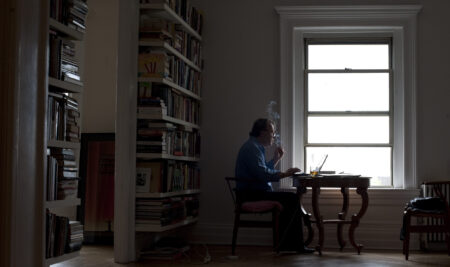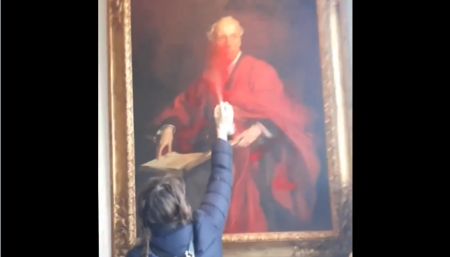My colleague Jude Russo wrote about the return of public justice in California. The video is, of course, all over the internet. And if one needs to know how the public perceived it, one glance at the YouTube comments section will be eye-opening.
The Danda, literally a staff or a rod, is a curious concept in Vedic philosophy. In Sanskrit, it means both the weapon—in this case, a stick—and the act or concept of punishment. It is quite literally a representation of natural justice, similar to (albeit less controversial than) the fasces.
The idea of state power did not arise because the state wanted power, but because, with the advent of modernity, people realized after long experimentation with feudal justice that there is a need for a neutral arbiter of force, one that can maintain order and impart justice through negation. The overwhelming burden of proof is on the prosecution, so that innocents are not punished. But once declared guilty, one must face the law.
As Jude wrote, with the receding of state power we risk going back to feudal territory. The public square might be dominated by idealism, but at its core any civilized society craves order. And order is the natural state of human affairs, even though, often they are punctured by long bouts of anarchy and disorder, often as a result of unmitigated idealism.
It is said that pagan wisdom often carries through it a sense of natural justice and fair play. This might not be the retvrn one seeks, but this is the retvrn one will get if modernity recedes. A stick in an earlier stage of development might have prepared this man for a better life. Failing that, he got his comeuppance in a way that will remind him what fear of a righteous and vengeful God is.
The rod always returns, and order is always restored. Eventually. Sometimes in ways one cannot foresee, or appreciate.
Read the full article here














